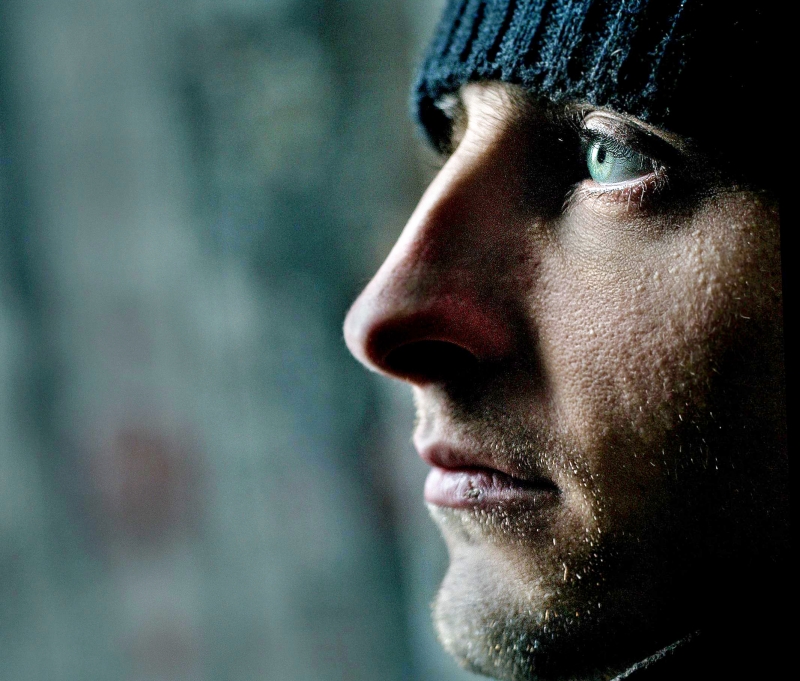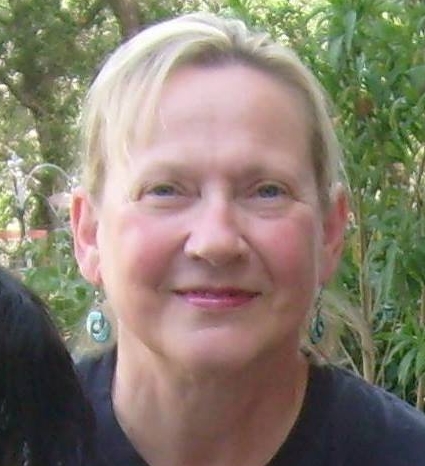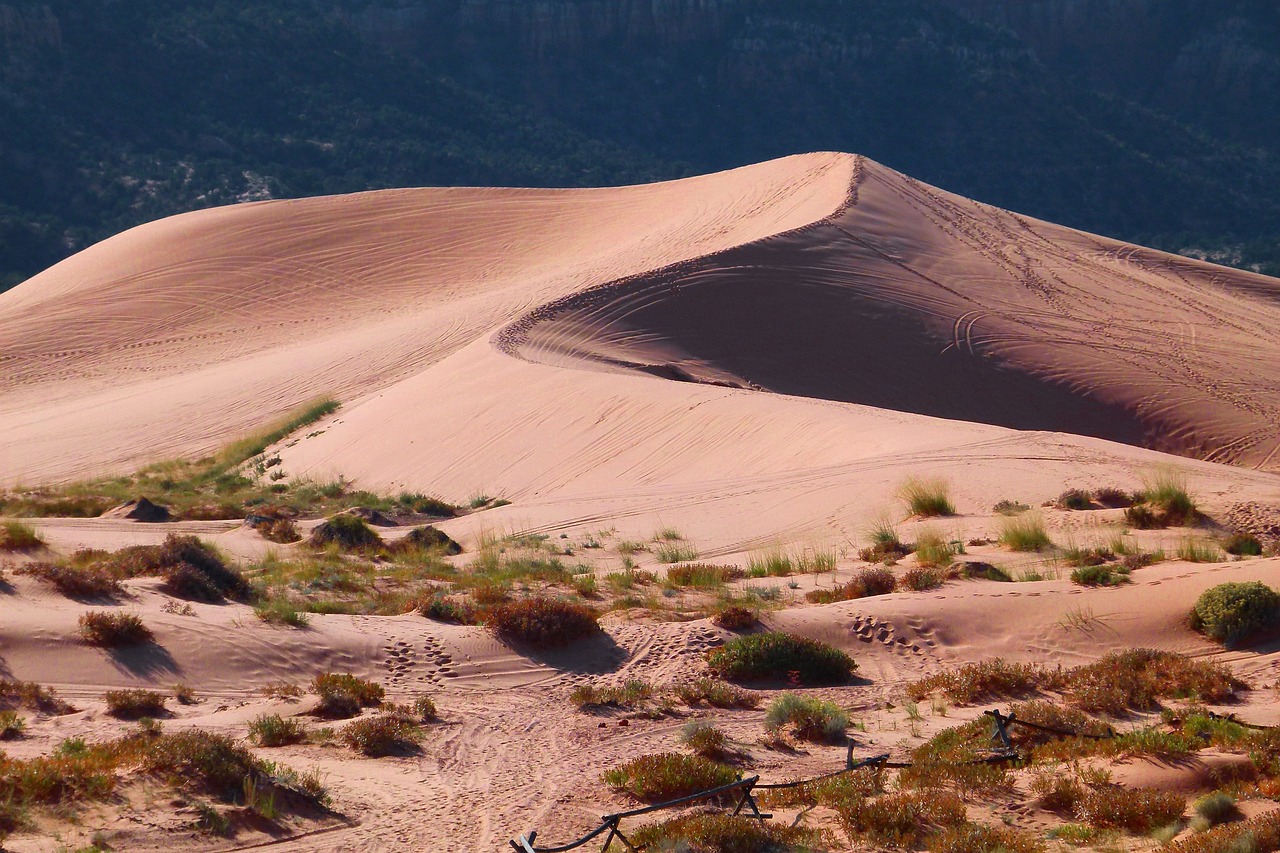Meditation is not information technology. It is about knowledge that redeems, pure consciousness—knowing, not merely knowing about. Meditation does not increase our funds of information. In fact we turn away from our usual information-gathering and sorting as we turn to a knowledge that is not quantifiable, a knowing that unifies rather than analyzes. The feeling of foolishness or of being unproductive is a positive sign that we are being led by the “spiritual powers of wisdom and vision, by which there comes the knowledge of God” (Ephesians 1:17). This redemptive and recreative knowledge is the wisdom our age lacks. We can recognize it and discriminate between it and its counterfeits because it neither claims nor parades any possessive pronoun. No one claims it as their own.
It is the consciousness of the Holy Spirit and therefore it is the womb of all truly loving action. In the face of the most disheartening tragedy it is as close to us as we are to our true selves.
After meditation: “Kyrie” from the Mass for the Day of St. Thomas Didymus by Denise Levertov in BEFORE THE DOOR OF GOD, ed. Hopler and Johnson (New Haven: Yale, 2013), pp. 315-16.
O deep unknown, guttering candle,
beloved nugget lodged
in the obscure heart’s
last recess,
have mercy upon us.
We choose from the past, tearing morsels to feed
pride or grievance.
We live in terror
of what we know:
death, death, and the world’s
death we imagine
and cannot imagine,
we who may be
the first and last witness.
We live in terror
of what we do not know,
in terror of not knowing,
of the limitless, through which freefalling
forever, our dread
sinks and sinks,
or the violent closure of all.
Yet our hope lies
in the unknown,
in the unknowing.
O deep, remote unknown,
O deep unknown,
Have mercy upon us.







